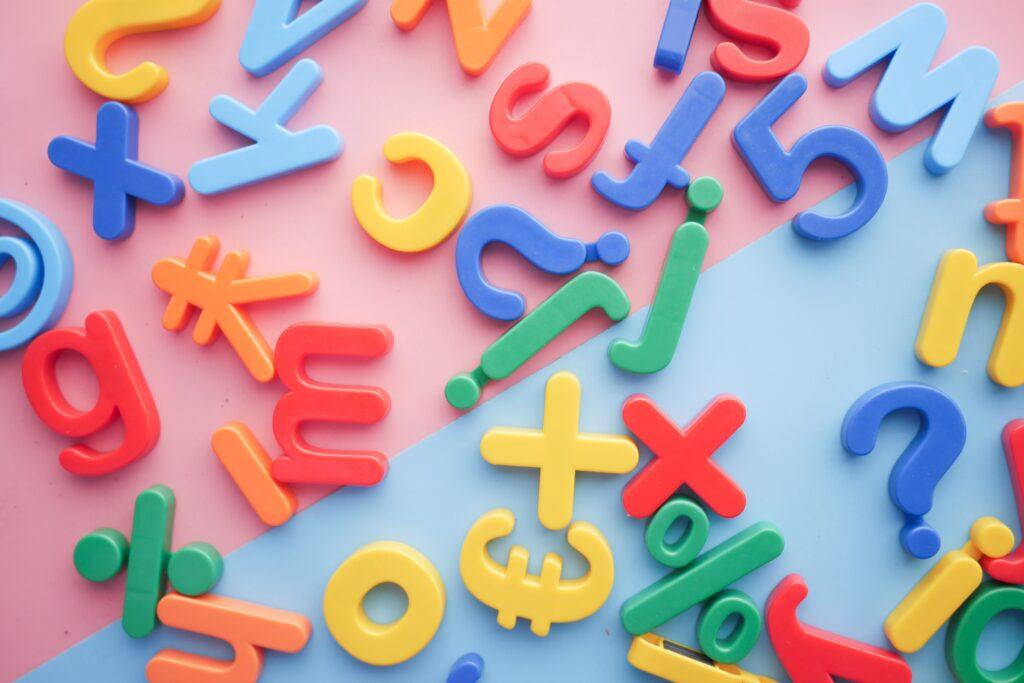
This week, I’ve been in several conversations about the massive power language has in the way we live our life.
Over the last year, I’ve done a lot of work on myself to become more conscious about the words I use. It was my own coach who first picked up on this in my language. at first I thought the idea of him nit-picking as quite pedantic. Looking back on it now, I am extremely grateful for the shifts I’ve made.
The language we use is the way we create our reality. For example, if we say that the meeting we’re going to have this afternoon is going to be ‘tedious’ or ‘boring’, we are already creating this to be how we are going to experience it. I’ve been far more mindful in the way I have been prejudging situations. Holding off on these labels has meant I show up in situations far more open. This in of itself is a massive lesson.
But the power of language goes even deeper. The way we describe events can cause emotional reactions which frame our wider worldview. I was recently in a meeting to discuss some of the political shifts happening in the world, and what this meant for the climate movement. The words I frequently heard were around the ‘threats’ and ‘dangers’ of the changes taking place. I remarked at how hard it is to not feel my cortisol levels rise from hearing these words. It did not serve me or anyone to have a level headed conversation.
The irony was that the conversation later stemmed to how we can better engage those who we do not necessarily agree with, and how us people working in the climate space can come across as ‘elite’ or ‘know-it-alls’. I remarked that if we are spending our time painting those who disagree with us as enemies using battlefield imagery, it is no wonder that we will find it hard to have an engaging, open conversation.
Language also relates to the way we talk about ourselves. This week, I posted about a conversation I had with someone around the word ‘try’. When we say we will try to do something, we are casting doubt on whether we will follow through on our word. The more damaging part is that it only serves to make us doubt our own ability to accomplish what we want to.
I’ve seen the spiralling negative effects that ‘try’ can have. We start by saying that we will try to do something. This half-hearted commitment means that we fail to accomplish what we said we would do. This makes us doubt ourselves even more, so we become even more afraid to commit. We end up using words like ‘I might’ or ‘I’ll try’ more often. We learn to not trust ourselves because we can see how often we don’t follow through in our actions.
The shift I’ve made is to cut out ‘trying’ from the majority of my vocabulary. It means I have to be clear on what I am going to do, or not going to do. I fence-sit far less, and it means I show up in the world as far more dependable than I did in the past. The results have been fabulous, and this is the happiest I’ve been in areas such as my social life, because I am clear when I will see people.
Another word to look out for is ‘should’. Often this word is used on others – that person should be more polite, respectful, caring etc. When we use ‘should’ we are coming from a place of judgement. We are putting standards on other people based upon our world view.
The more time we spend judging, the less time we spend understanding. Telling people what they should do is making an attack on their decision-making skills, as well as their personal autonomy. Unless we are actually courtroom judges, it’s not our job to tell people what they should be doing. On top of this, people rarely like being told what they ‘should’ do. It’s ineffective, and if you’re looking to bring a behavioural change in someone, this approach rarely actually works. Ironically, we use it all the time anyway.
The more damaging thing about ‘should’ is that it creates a universal judgement of what is right or wrong. When we think that someone else should be polite, we are also placing that judgement on everyone – including ourselves. I wrote an article last year about how the more we judge others, the more we judge ourselves. Spending our day talking about what others ‘should’ do puts ever-more standards onto ourselves, and it is hard to live under the pressure of these rules we have inadvertently made.
This often manifests to us talking about what we ‘should’ be doing. I hear this a lot when I first talk with people around coaching. The irony is that the only person deciding what we ‘should’ be doing is us. The self-judgement doesn’t help us. Yet without realising, we find ourselves doing it anyway. Telling ourselves we ‘should’ be doing something is negative and draining. It is not effective for changing our behaviour. Instead, we can shift it to what we want to do, which feels lighter and more fun.
Language is powerful. So much about a person can be picked up simply by how they use words in their speech. When we clean our language up, we clean ourselves up. The way we show up in the world dramatically shifts.
How do you use language in your life?